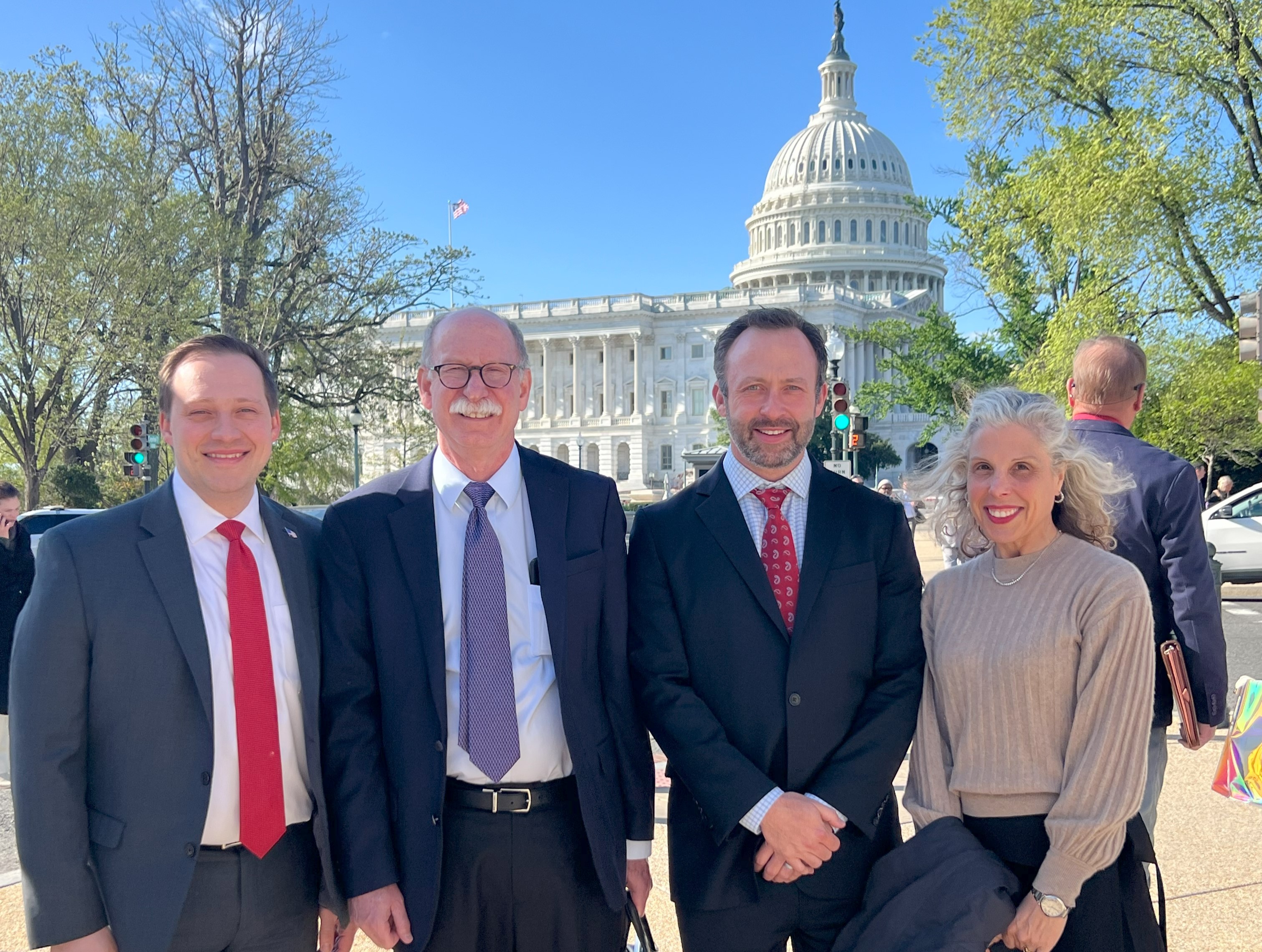|
Second Community Practice Summit Addresses Critical Healthcare Challenges
The Second Community Practice Summit, a collaborative effort in Washington, DC, brought together healthcare providers, industry leaders, and stakeholders on May 11, 2024. This platform was designed as a forum to share insights and to work collaboratively on the broad challenges of access to and delivery of care in the independent practice setting.
The attendees focused on a number of initiatives:
- Correction to In-Office-Dispensing (IOD) FAQ, specifically SB 3458/5526. Attendees discussed the challenges to practices’ ability to care for patients as well as limitations in access, particularly to rural populations, as a result of the FAQ.
- MPFS Reform: Declining payments to private practices in Medicare reimbursement reform updates prompted the exploration of transparency measures and strategies such as site neutrality to address reimbursement challenges 340B program excess and the need for reform. Coalition members highlighted issues of waste within the program, advocated for benchmarks, and addressed its role in the growing consolidation of hospitals and the shrinking independent provider market.
- Prescription Drug Affordability Boards (PDABs) emerged as a pivotal topic, with discussions centering on transparency in drug pricing determinations and their potential impact on provider reimbursement. Members expressed concerns regarding PDABs' effect on reimbursement rates and critiqued the lack of transparency within PDAB processes.
- Graduate Medical Education (GME) challenges and solutions were also explored, focusing on workforce expansion, rural care incentives, and addressing specialty shortages. The summit noted various reforms under consideration, including the role of Advanced Practice Providers (APPs) in improving healthcare access, strategies to mitigate physician migration to metropolitan areas, and addressing physician burnout.
- The Safe Step Act & Prior Authorization reform were additional focuses. Discussions highlighted the significant costs imposed on providers by prior authorization, with minimal patient benefits and advantages primarily accruing to insurers.
Future initiatives will include continued coalition building, patient advocacy efforts, and data collection to demonstrate the effectiveness of private practices. Additionally, a commitment to responding to physician fee schedule cuts and advocating for private practice training underscored the group's dedication to supporting community practices' viability and vitality.
|




